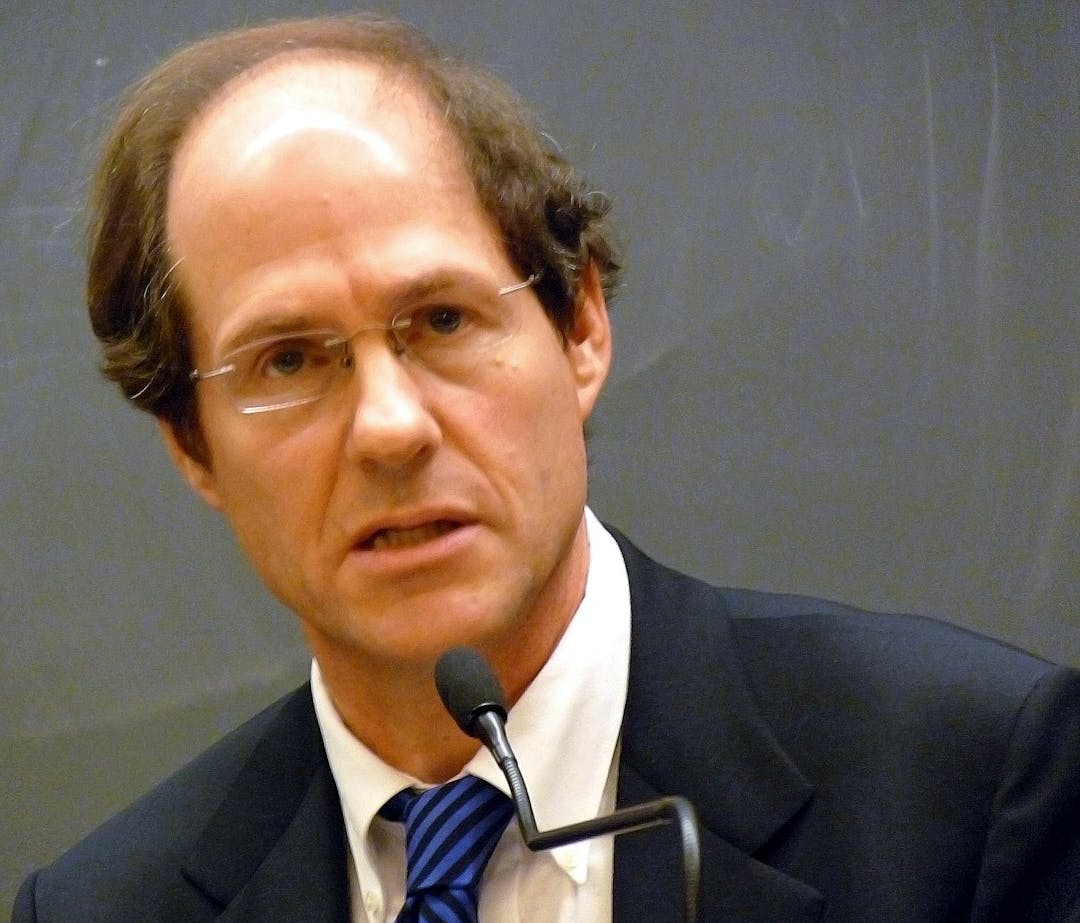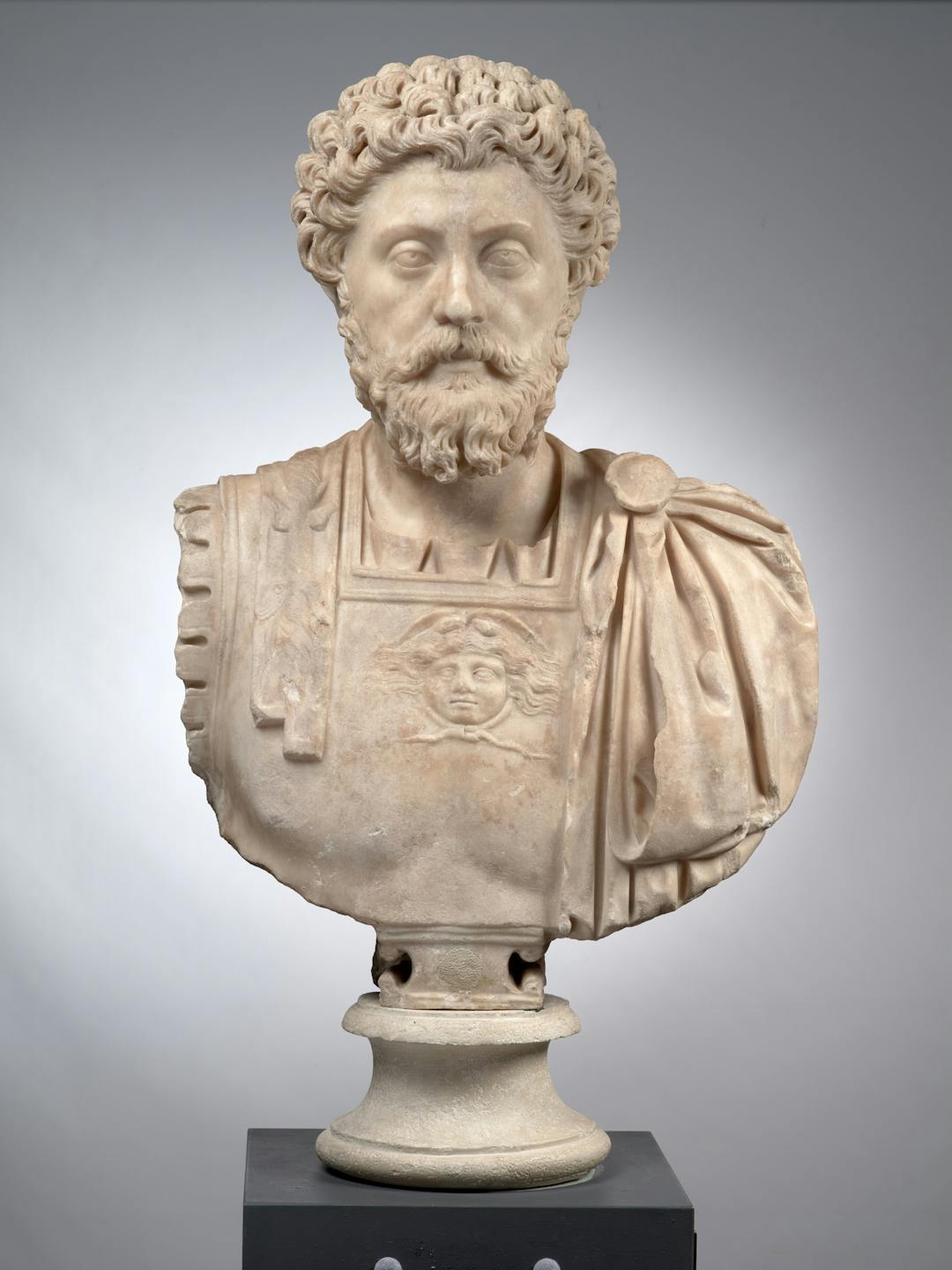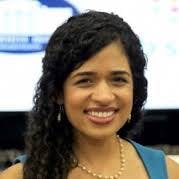Vernon Smith
The Father of Experimental Economics
Intro
Raised on a farm in Kansas and having done his undergraduate degree in electrical engineering, Vernon Smith didn’t necessarily expect to be called the forefather of a new type of economics. A keen interest in his senior year economics course at Caltech University, however, led Smith to pursue an MA in economics, if only to help him decide if it was where he wanted to continue his life’s work. Like many others, Smith’s path took unique twists and turns, which eventually led him to the field of experimental economics. Experimental economics uses real people, under controlled conditions, to test economic theories and hypotheses, in order to help policymakers make more accurate predictions about how economic concepts play out in practice. Since its introduction, experimental economics has helped economists, psychologists, and policymakers make more informed decisions about how different economic models might affect individuals and society.
I gradually became persuaded that the subjects, without intending to, had revealed to me a basic truth about markets that was foreign to the literature of economics.
– Vernon L. Smith
On their shoulders
For millennia, great thinkers and scholars have been working to understand the quirks of the human mind. Today, we’re privileged to put their insights to work, helping organizations to reduce bias and create better outcomes.
Experimental economics
“It is important to remove artificial barriers–stumbling stones, often local in origin and coming from incumbent opposition to entry–and to not burden businesses with taxes that reduce their internally generated funds for reinvestment, growth and striving to overcome market challenges.”
―Vernon L. Smith
Experimental economics―the study of economics, using real people and controlled circumstances, in order to test what choices people will make under specific conditions.
Throughout your education, you probably conducted experiments only in science or psychology classes―never in ECON 101.
A large part of economics is determining what decisions people will make and how monetary incentives influence those decisions. When Vernon Smith realized the potential here, he used his scientific background in engineering to birth the field of experimental economics, which uses experiments to test how people make financially-influenced decisions.
“It is not possible to design a laboratory resource allocation experiment without designing an institution in all its detail.”
―Vernon L. Smith, “Microeconomic Systems as an Experimental Science” (1982)
Smith developed a methodology that could test behavior in a controlled laboratory setting or out in ‘the field,’ rather than as mathematical models on a chalkboard. If you’ve been reading TDL for a while, you know humans are far less rational than economic models would have us believe. For that reason, testing economic theories on actual humans is a crucial first step before implementation into policy.
Experimental economics overlaps with behavioral economics since it is concerned with how human decision-making models affect the economy, and vice versa.
Imagine a situation in which one experimental subject (the ‘seller’) is given an item, and told that the item has been produced at a cost of ten dollars. Thus, if the seller can sell the item to the other subject for more than ten dollars, he can keep the difference at the end of the experiment. On the other hand, the ‘buying’ subject is told that the item sits at a resale value of twenty-five dollars, and that she should be able to buy the item for less than this value. If she can, she can keep the difference between this price and the twenty-five dollars.
Economists then study the negotiation that takes place. Although economists may mathematically discover what the item is worth using a notebook and a calculator, that information is quite meaningless in reality, unless it holds up in real face-to-face interactions. The humans that they study, and the negotiation that they come to, will determine the real resale price of the item―or, how much regular people can agree to buy and sell this item for.
Experimental economics has influenced public policy on a wide scale. Now, before making huge economic decisions that affect a city or country, policymakers and economists design experiments to test different possibilities and outcomes, and determine which choice would make the most sense in practice. Economic experiments have shaped the design of policies as diverse as carbon trading, plane landing laws, and electricity regulation.
Moreover, experimental economics provides insight into how and why markets function the way they do, by studying the way humans naturally behave and react in economic scenarios. By gaining a deeper look into why economic theories hold up in real time based on the choices people make, economists can adjust old theories upon discovering new information or create new ones.
As a result of his work in the pioneering of experimental economics, Vernon Smith was awarded the Nobel Prize in Economics in 2002 alongside Daniel Kahneman.
Historical biography
“Propositions about the behavior of individuals and the performance of institutions that have been tested in laboratory micro-economies apply also to non-laboratory environments where similar ceteris paribus conditions prevail.”
―Vernon L. Smith, “Relevance of Laboratory Experiments to Testing Resource Allocation Theory” (1980)
Vernon Smith was born in Wichita, Kansas in 1927. He spent his childhood on a farm throughout the Great Depression, an experience with which he credits the kindling of his childhood curiosity.
Smith earned his Bachelor’s degree in electrical engineering from the California Institute of Technology, his Master’s degree in economics from the University of Kansas, and his PhD in economics from Harvard University.
After graduating from his PhD, Smith began teaching economics at Purdue University. Finding it difficult to convey information to his students through direct instruction, Smith set up a mock market experiment, giving students the opportunity to experience an actual market for themselves and glean their own discoveries. Little did he know at the time that this creative teaching method would become the driving force behind his future fame and fortune.
Through his experiments with students, Smith learned truths about markets that he hadn’t encountered in economic literature. He reported these findings in a published paper in The Journal of Political Economy (page 157-158 in his book Papers in Experimental Economics), and continued teaching. During this time, his research interests were capital and investment theory and the resulting pricing problems.
In the early 1960’s, Smith took on a professorship at Stanford University. There, he met other economists who were also trying to study economics through experimental methods for the first time. One of them, Sydney Siegel, influenced Smith’s decision to stick with experimental economics. He died suddenly, however, just weeks after this impactful conversation with Smith.
Throughout the 1960’s, Smith taught at Stanford University, Brown University, and the University of Massachusetts. He researched uncertainty, financial theory of the firm, and natural resource economics. His teaching, however, and his personal interests surrounded experimental economics―it simply had not yet gained momentum.
Smith continued writing, however, and soon enough, his published work began to gain recognition. People’s minds, previously closed to the idea of experiments outside the chemist’s lab, began to open and gain interest in the possibility of this new field. Once he gained a reputation, Smith was offered a teaching position at the University of Arizona, where he taught for 26 years. Today, Smith teaches law and business economics at Chapman University in California.
Smith is most known for his pioneering of the field of experimental economics. He is also the founder of the International Foundation for Research in Experimental Economics, which supports research and education efforts in the discipline. In 2004, Smith was given an honorary doctoral degree from the Universidad Francisco Marroquín, a private university in Guatemala. In 2002, he, along with Daniel Kahneman, won the Nobel Prize in Economics. Smith has written 11 books and published over one hundred journal articles.
Books, articles, and lectures
Humanomics: Moral Sentiments and the Wealth of Nations for the Twenty-First Century (2018): Written with Bart J. Wilson, this book integrates theories from Adam Smith’s The Theory of Moral Sentiments and The Wealth of Nations to shape economic concepts around the way human beings think, act, and behave.
A Life of Experimental Economics, Volume I: Forty Years of Discovery (2018): Smith’s autobiography reckons how early childhood incidents provided the foundation for him to become a successful economist later in life.
A Life of Experimental Economics, Volume II: The Next Fifty Years (2018): The follow-up to Volume I, this book details Smith’s life studying and teaching economics at various universities throughout America and the backstories to many of his most famous research findings.
The Evidence of Things Not Seen: Reflections on Faith, Science, and Economics(2017): This unique book counters the claim that science and faith are at odds with one another, and examines the deep layers of faith present at the core of scientific inquiry.
Rethinking Housing Bubbles: The Role of Household and Bank Balance Sheets in Modeling Economic Cycles (2014): Written with Steven D. Gjerstad, this book analyzes the role of housing and mortgage financing as an important element of economic cycles, and therefore, public policy.
Discovery - A Memoir (2008): Smith’s 2008 memoir details how his journey from the study of science to the study of economics helped him shape economics as the experimental science it is known as today. The life experiences he writes about will demonstrate how discovery has been the cornerstone of his life, leading him from intellectual success to success.
Rationality in Economics: Constructivist and Ecological Forms (2007): This book examines how the concept of cooperation interrogates economic theories.
Bargaining and Market Behavior: Essays in Experimental Economics (2000): This book is a collection of papers by Smith about bargaining and market behavior from 1990-1998. Many of them also touch on how evolutionary psychology can broaden our view of experimental economics.
Papers in Experimental Economics (1991): This earlier collection of Smith’s papers from 1962-1988 covers developments in experimental economics and widely displays the study of economics under controlled conditions.
Investment and Production: A Study in the Theory of the Capital-Using Enterprise (1961): In his first book, Smith explores the potential of technology to replace workplace equipment and foresees how to plan for production with future technological innovation in mind.
Published academic work: Over one hundred of Smith’s published journal articles are available here.
References
Baltaduonis, R. (2009, March 31). UFM.edu - What is Experimental Economics? [Video]. YouTube. https://www.youtube.com/watch?v=vs_iX6kfqcw&ab_channel=NEWMEDIAUFM
Coursey, D. (n.d.). Experimental economics. Econlib. https://www.econlib.org/library/Enc/ExperimentalEconomics.html
Experimental economics. (2004, March 24). Wikipedia, the free encyclopedia. Retrieved January 24, 2021, from https://en.wikipedia.org/wiki/Experimental_economics
Halton, C. (2019, June 25). Experimental economics. Investopedia. https://www.investopedia.com/terms/e/experimental-economics.asp#:~:text=Examples%20of%20Experimental%20Economics,world%20in%20a%20laboratory%20setting
Nobel Media. (2002). Vernon L. Smith Biographical. NobelPrize.org. https://www.nobelprize.org/prizes/economic-sciences/2002/smith/biographical/
Vernon L. Smith. (2003, January 28). Wikipedia, the free encyclopedia. Retrieved January 24, 2021, from https://en.wikipedia.org/wiki/Vernon_L._Smith
What is experimental economics? | Resource economics | UMass Amherst. (2021). UMass Amherst. https://www.umass.edu/resec/what-experimental-economics-and-public-policy#:~:text=Experimental%20economics%20uses%20controlled%2C%20scientific,policies%20before%20they%20are%20implemented
About the Author
The Decision Lab
The Decision Lab is a Canadian think-tank dedicated to democratizing behavioral science through research and analysis. We apply behavioral science to create social good in the public and private sectors.





